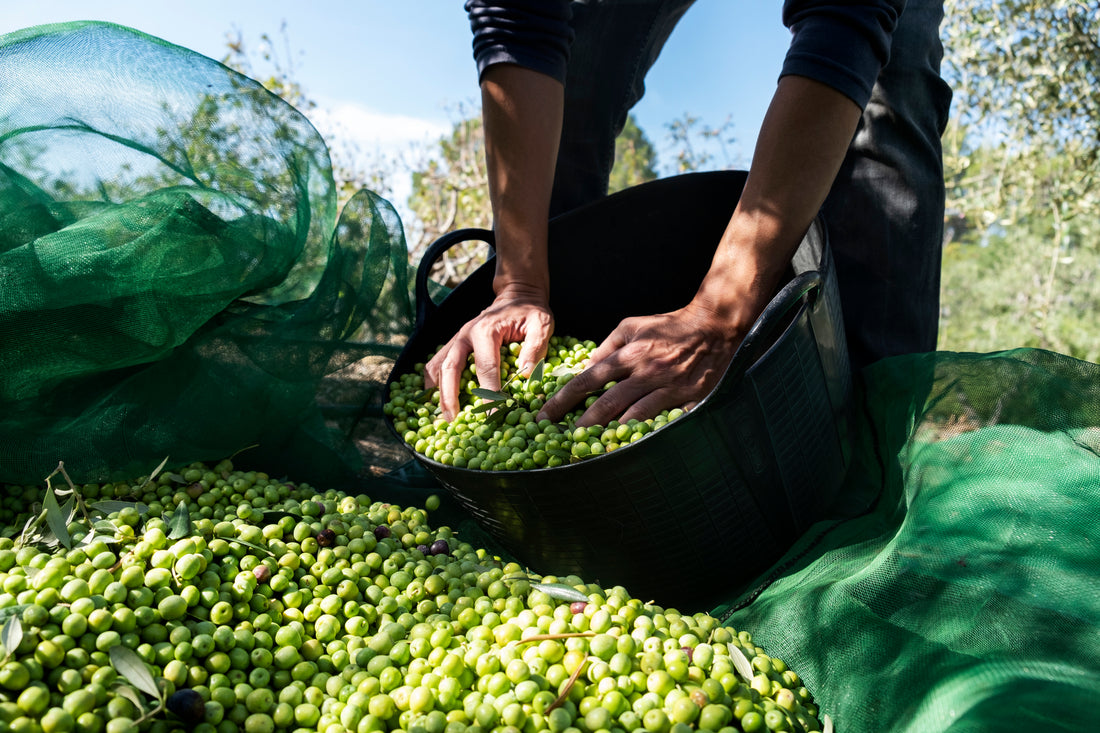
The Socioeconomic Impact of Organic Greek Olive Oil
natalie wheenIntroduction
At Avlaki, we recognise the importance of supporting local farmers and choosing sustainably sourced products. Organic Greek olive oil carries both social and economic significance to local communities. In this blog, we will discuss the advantages of choosing organic Greek olive oil, such as how it contributes to the wellbeing of those at the heart of our products.
How it began
Olive cultivation has been a key aspect of Greek culture for thousands of years due to the country’s climate and nutrient-rich soil. The rise of more modern farming practices cause concern regarding environmental sustainability, excessive chemical use, and the impact on local ecosystems. As a result, many Greek farmers made the switch to organic farming to preserve both the land and the traditions.
Environmental impact
Choosing organic Greek olive oil means you are choosing a product that is cultivated without harmful synthetic pesticides, herbicides and fertilisers that damage the land and harm local wildlife. The organic approach preserves the soil’s fertility while also protecting other aspects of the surrounding ecosystem, including supporting biodiversity. Consumers can contribute to the preservation of Greece’s diverse ecosystems by supporting organic farming.
The socioeconomic benefits for locals
The decision to purchase any organic product goes beyond personal health benefits, and even above environmental concerns. Purchasing these products directly supports local farmers and their communities.
Firstly, organic farming methods require more manual labour than modern farming techniques, meaning that well-trained hands are needed for the job. The cultivation of olives especially requires a deep understanding of the local land and its traditions.
Furthermore, by choosing organic Greek olive oil, the local farmers are able to enter more premium markets to increase their profit margins. This not only improves the income of the farmers individually, but it also contributes to the economic wellbeing of several rural Greek communities, which not only reduces the risk of depopulation, but also ensures the preservation of traditional farming techniques that form the foundations of local culture.
Conclusion
By choosing organic Greek olive oil, consumers become active contributors towards sustainable agriculture. This seemingly small decision creates a ripple effect through the farmers and their local communities, by preserving traditions and protecting the environment.
The journey from farm to table has become an increasingly discussed narrative. Organic produce consumers make the conscious choice to be committed to health, sustainability, and tradition.
The next time you reach for your favourite Avlaki product, remember the positive impact that your choice can make across the globe, far beyond the walls of your kitchen.
